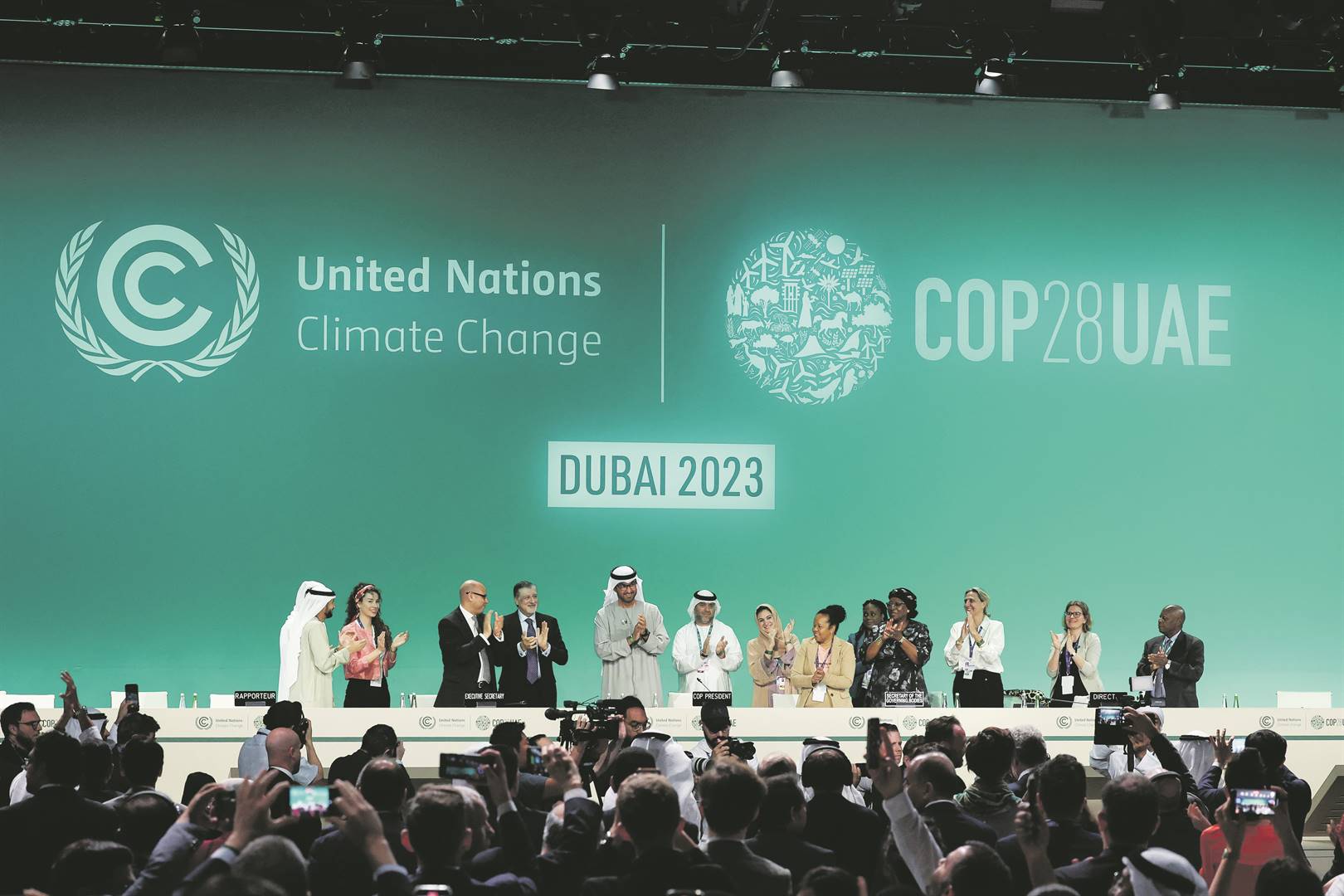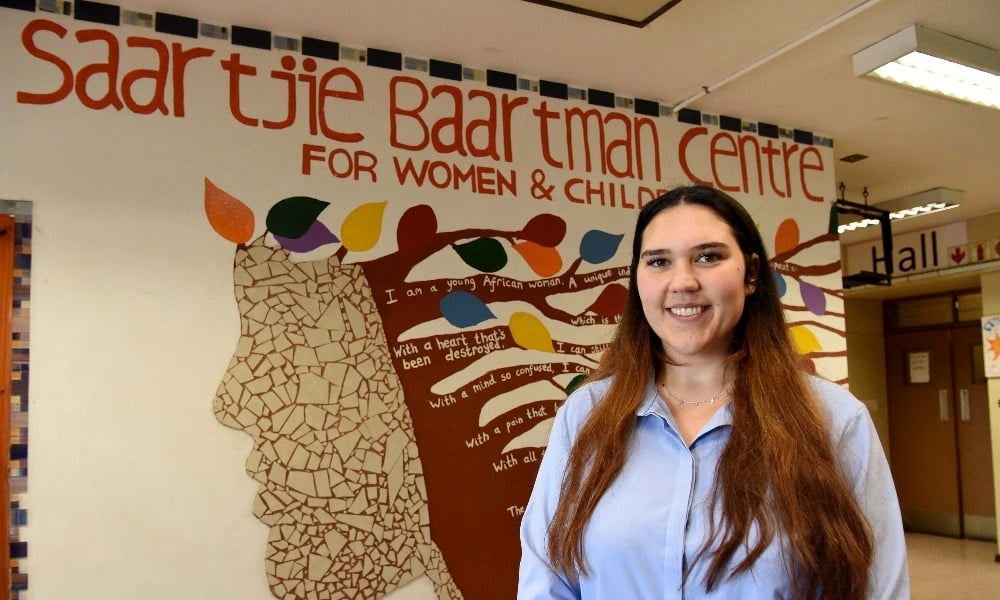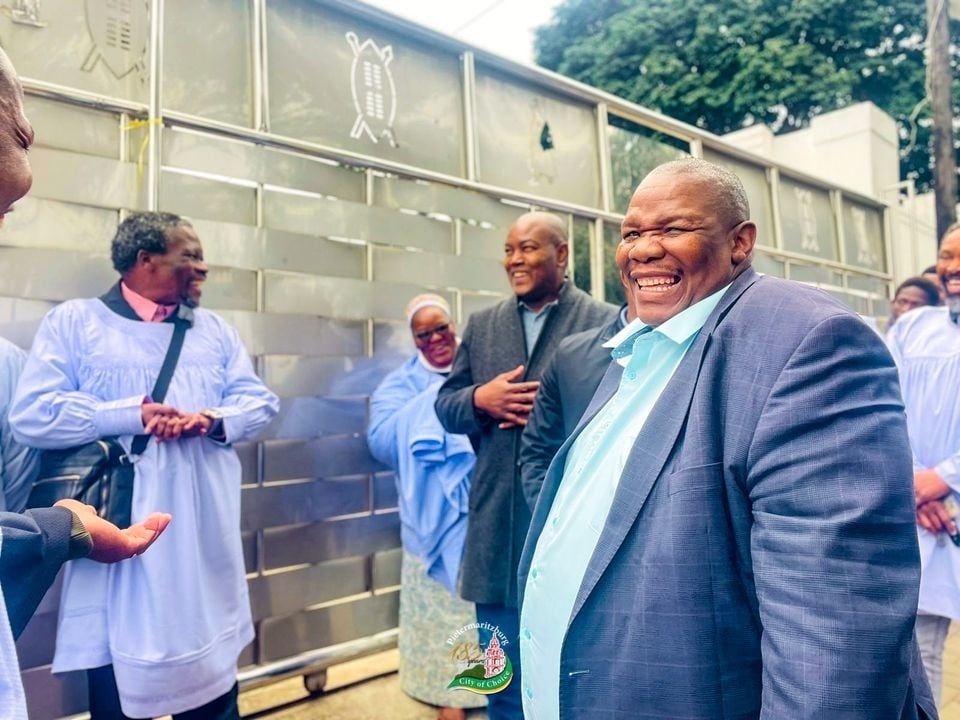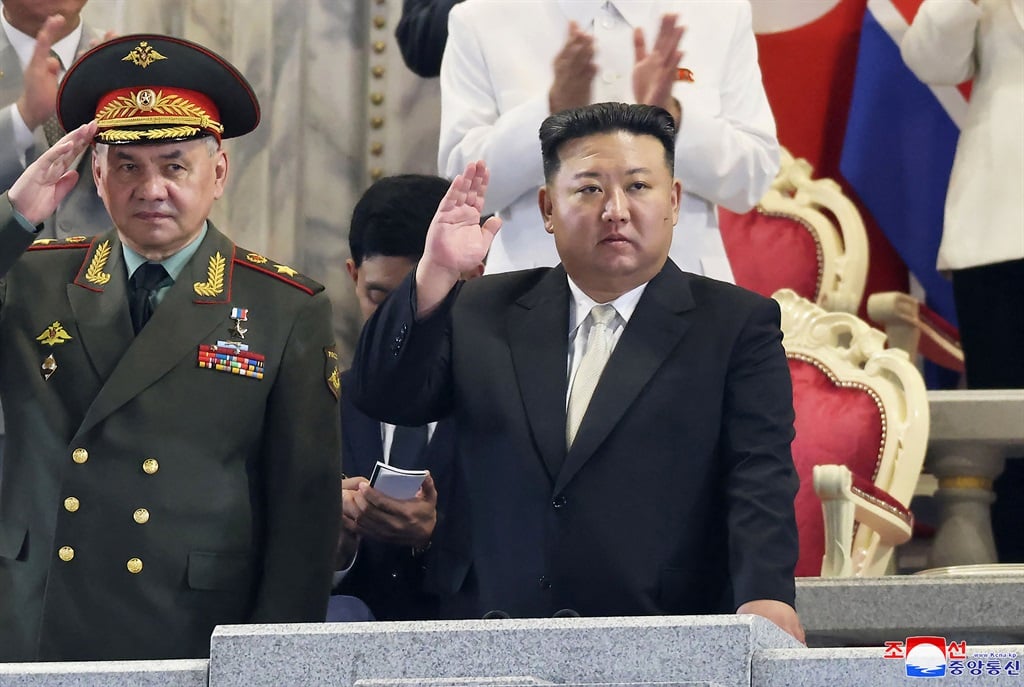
The UN COP28 gathering in Dubai concluded its business on a high this week, having mobilised R1.5 trillion in funding for climate action.
The UN COP28 gathering in Dubai in the United Arab Emirates concluded its business on a high this week – having mobilised $85 billion (R1.5 trillion) in funding for climate action.
Furthermore, the conference managed to solicit commitments from countries to triple renewable energy by 2030 and cushion vulnerable countries – particularly in the Global South – against the effects of global warming, and was explicit in its language about the phasing out of oil and gas to achieve net zero greenhouse emissions by 2050.
The fossil fuel industry participated in the conference in large numbers for the first time and, eventually, 52 oil and gas companies, which produce 40% of the fossil fuels globally, signed the Oil and Gas Decarbonisation Charter to commit to the reduction of methane emissions.
The green lobby want a complete end to the use of fossil fuels – oil, gas and coal – and staged protest actions to make their voices heard.
READ: COP28 was demanding and challenging – Suwaidi
Independent panellist Prof Myles Allen of Oxford University Geosystem Science called for the decarbonisation of the fossil fuel value chain to reach the ambitious climate change goals.
“Ever since we discovered the cumulative impact of carbon dioxide, it is clear that all industries need to stop dumping carbon dioxide in the atmosphere if we’re to meet the zero emission goals,” Allen said.
COP28 president Dr Sultan Ahmed Al Jaber said in his closing remarks that delegates had worked very hard to secure a better future for the planet and its people. Al Jaber said:
We should be proud of our historic achievement.
“The COP28 presidency took bold and decisive steps to deliver beyond the negotiated text through its ‘Action Agenda’, which spans the four pillars of the Paris Agreement: fast-tracking a just and orderly energy transition; fixing climate finance to make it more available, affordable, and accessible; focusing on people, nature, lives and livelihoods; and fostering full inclusivity in climate action.”
Al Jaber has described the implementation of the loss and damage fund, which received pledges worth $792 million, as being historic.
The fund will support the most vulnerable developing nations, which have played no major role in emitting pollution, to deal with climate change disasters such as droughts, floods and cyclones.
Financial institutions have also come on board to assist nations facing climate change disasters.
READ: SA has interest in processing its own ‘minerals of the future’
The African Development Group announced its adoption of climate resilient debt clauses, which will enable borrowing nations to get payment respite of up to two years when disaster strikes.
UK Development and Africa Minister Andrew Mitchell said: “We now have five multilateral development banks on board. I look forward to how other multilateral development banks will match this offer next year.”
Through this adoption, South Africa secured a $300 million loan from the African Development Bank Group for its energy governance and climate resilience programme.
“The loan will spur economic growth by furthering structural reforms to restore energy security, promote private sector participation in the electricity market and enhance the operational efficiency of national power utility Eskom in line with South Africa’s energy action plan and the just energy transition investment plan,” the bank said.
It said:
The programme will accelerate mitigation and adaptation efforts by promoting renewable energy generation and shifting businesses to low-carbon activities, resulting in lowering the carbon footprint of the South African economy and improving financing for green projects.
COP28 concluded with a final consensus that laid out an ambitious response to the global stocktake and puts forward a plan to close the gaps to 2030.
The conference called on all parties to transition away from fossil fuels to reach net zero and encouraged them to submit economy-wide nationally determined contributions, which include new specific targets to triple renewables and double energy efficiency by 2030.
COP28 concluded with a historic agreement by 198 parties to deliver a new era of climate action.
Some of COP28’s achievements were:
- Building momentum behind the financial architecture reform agenda, recognising the role of credit rating agencies for the first time, and calling for a scale-up of concessional and grant finance;
- The launch of Altérra, the UAE’s $30 billion catalytic private finance vehicle, which seeks to mobilise a total of $250 billion for global climate action;
- The endorsement by 158 countries of the COP28 UAE declaration on agriculture, food and climate, embedding sustainable agriculture and food systems in the response to climate change;
- The endorsement by 144 countries of the COP28 UAE declaration on climate and health to accelerate the development of climate-resilient, sustainable and equitable health systems; and
- The global decarbonisation accelerator – a series of landmark energy initiatives across the public and private sectors to speed up energy transitions, which include the global renewables and energy-efficiency pledge to triple worldwide installed renewable energy generation capacity to at least 11 000 gigawatts. It has been endorsed by 132 countries.
“The world needed to find a new way. By following our North Star, we have found that path,” Al Jaber said.






Recent Comments